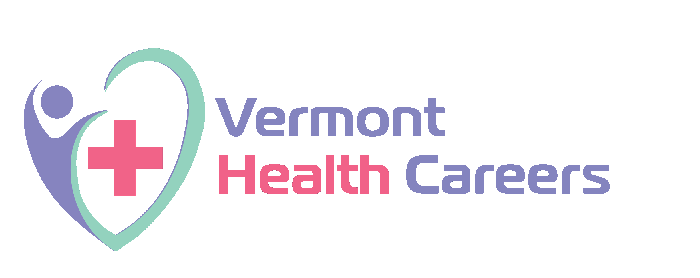Few phrases in the English language provoke a more visceral and opposite reaction than what the words literally mean. And yet, we keep saying it.
In almost every case, the reaction that comes from telling someone to “calm down” is, “No, YOU calm down.” It’s too bad that a phrase offering peace and tranquility can yield the completely opposite result. It just doesn’t work, no matter how you say it. So, what is it with words that have such a clearly positive literal translation but that effectively convey the opposite?
Medical interpreters and translators grapple with these complex questions all the time. Professionals who translate health information and interpret for medical providers are always thinking about the meaning of words and phrases, and how they will be heard or read by their audiences. In a health care setting, technical and scientific terms don’t always have direct translations into other languages. And precision matters; a lack of quality interpretation or translation can negatively affect people’s health care decision-making and their ability to follow treatment recommendations.
If you are fluent in a language other than English, consider a career as a Medical Interpreter. This career is fast growing and a crucial member of the health care team.
Thanks to Multilingual Connections for this content idea.

